We give grants for the conservation of our historic church interiors and churchyard structures in partnership with the Pilgrim Trust, the Radcliffe Trust, the Oswald Allen Bequest, the Worshipful Company of Goldsmiths, and the Anglican Parish Churches Fund.
Bells and bell frames
We provide grants of up to £10,000 for the conservation of bells and bell frames in Anglican parish churches in England.
These grants are offered in partnership with the Pilgrim Trust. Our grants are awarded around 12 weeks after the application deadline
Next closing date: 31st March 2025
Decision: 23rd May 2025
Books and manuscripts
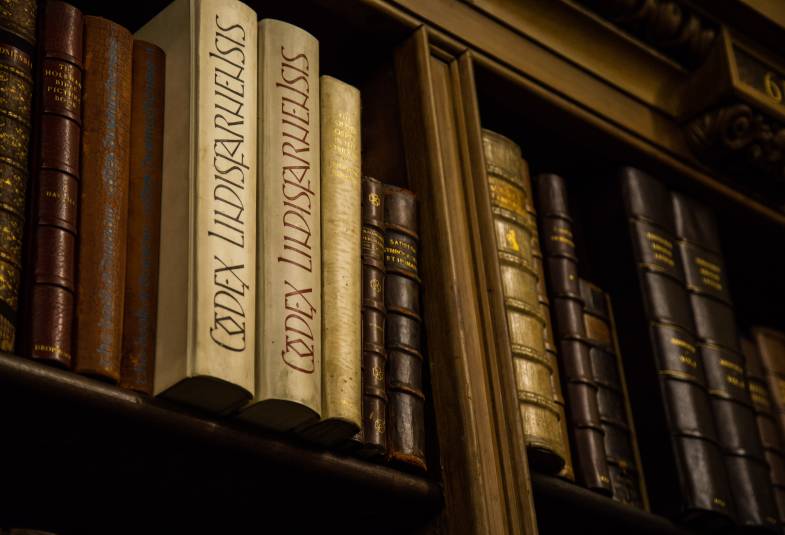
These grants are offered in partnership with the Pilgrim Trust, the Radcliffe Trust, and the Oswald Allen bequest. Our grants are awarded around 12 weeks after the application deadline.
Deadline: 10 June 2024
Decision: 26 July 2024
Church plate
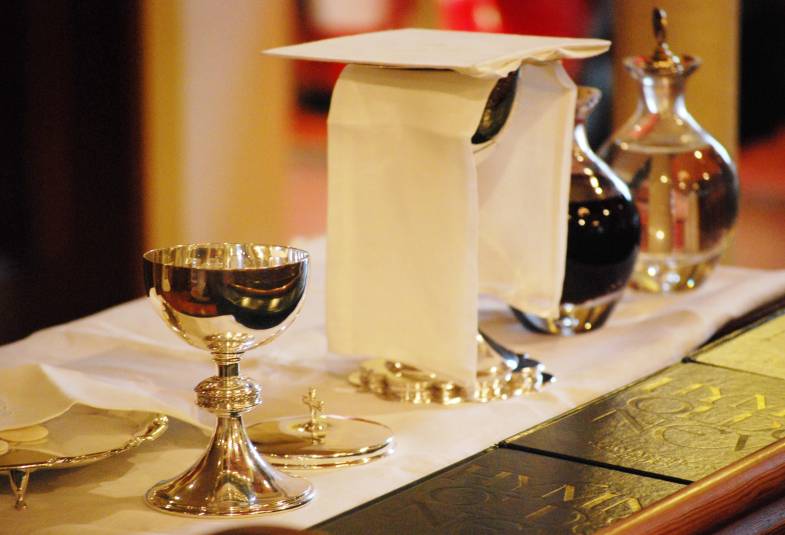
We give grants for the repair of church plate in Anglican parish churches in England, in partnership with the Worshipful Company of Goldsmiths.
Deadline: 10 June 2024
Decision: 26 July 2024
In the last round, there were no applications.
Churchyard structures
We give grants of up to £10,000 for the conservation of individually listed churchyard structures such as tombs, external monuments, grave markers, churchyard walls, railings and gates, in Anglican parish churches in England.
These grants are offered in partnership with the Pilgrim Trust, and the Radcliffe Trust. Our grants are awarded around 12 weeks after the application deadline.
Deadline: 10 June 2024
Decision: 26 July 2024
Clocks
We give grants of up to £10,000 for the conservation of turret clocks in Anglican parish churches in England.
These grants are offered in partnership with the Pilgrim Trust and the Radcliffe Trust. Our grants are awarded around 12 weeks after the application deadline.
Deadline: 8 April 2024
Decision: 24 May 2024
Monumental brasses and decorative metalwork
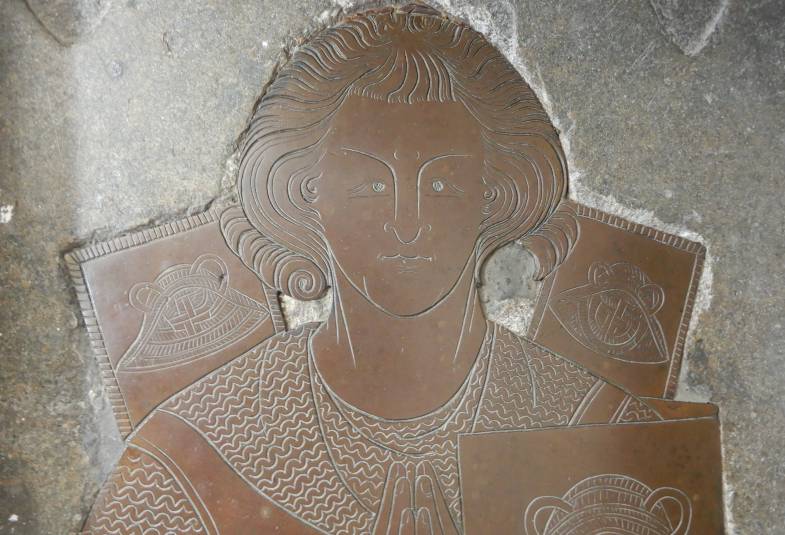
We give grants of up to £10,000 for the conservation of monumental brasses and decorative metalwork in Anglican parish churches in England including metal screens, internal railings, plaques, memorials, etc.
These grants are offered in partnership with the Pilgrim Trust and the Radcliffe Trust. Our grants are awarded around 12 weeks after the application deadline.
Deadline: 10 June 2024
Decision: 26 July 2024
Monuments
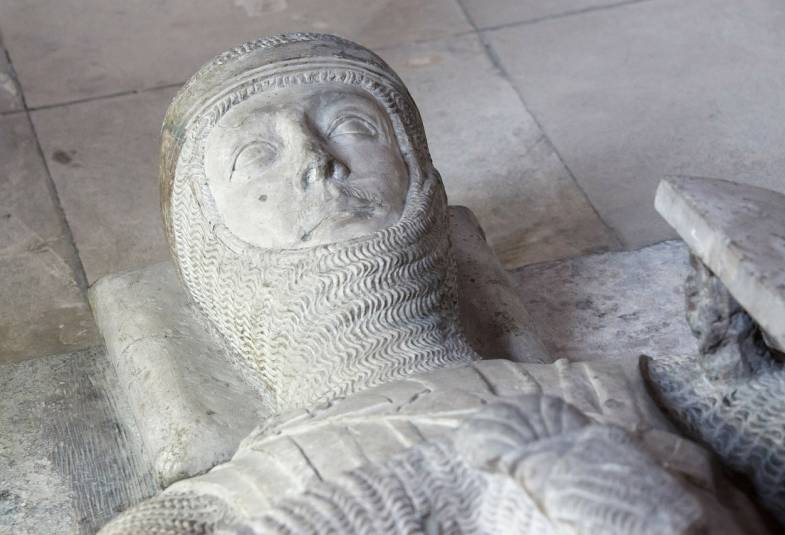
We give grants of up to £10,000 for the conservation of monuments in Anglican parish churches in England.
These grants are offered in partnership with the Pilgrim Trust and the Radcliffe Trust. Our grants are awarded around 12 weeks after the application deadline.
Deadline: 10 June 2024
Decision: 26 July 2024
Organs
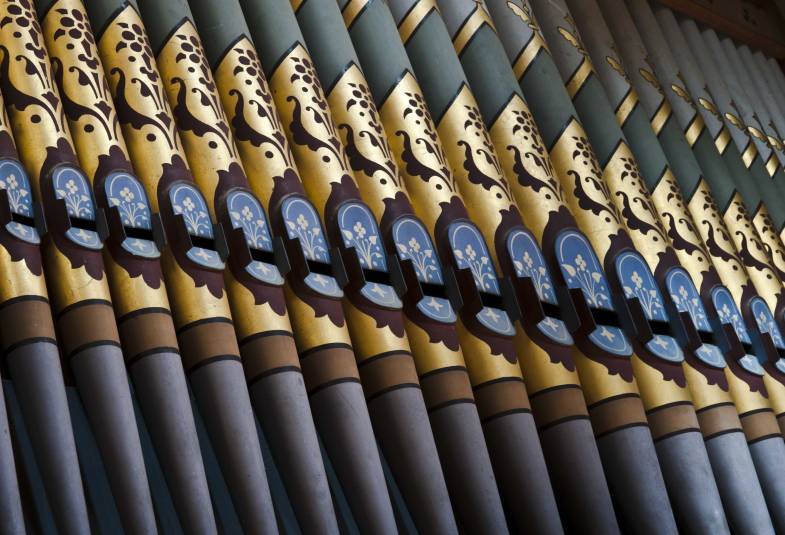
We give grants of up to £10,000 for the conservation of organs and organ cases in Anglican parish churches in England.
These grants are offered in partnership with the Pilgrim Trust. Our grants are awarded around 12 weeks after the application deadline.
Deadline: 3 June 2024
Decision: 26 July 2024
Paintings and wall paintings
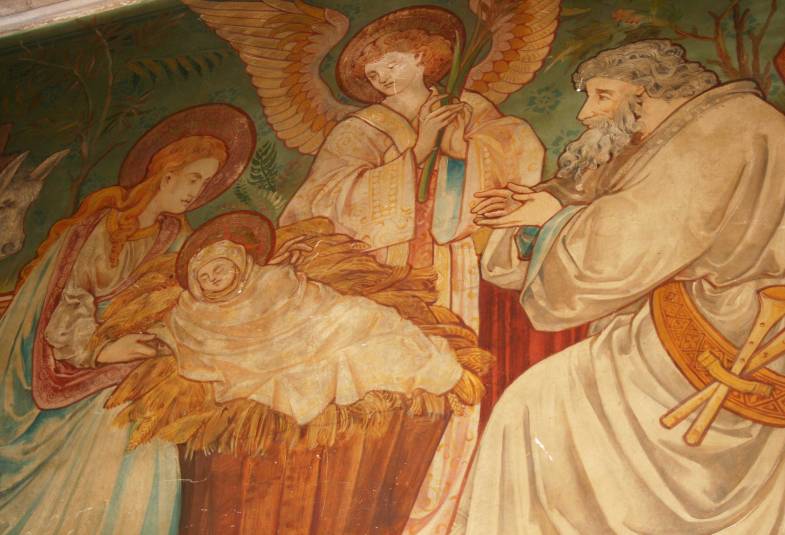
We give grants of up to £10,000 for the conservation of wall paintings and paintings in Anglican parish churches in England.
These grants are offered in partnership with the Pilgrim Trust and the Radcliffe Trust. Our grants are awarded around 12 weeks after the application deadline.
Deadline: 27 January 2025 TBC
Decision: 21 March 2025 TBC
Stained glass

We give grants of up to £10,000 for the conservation of stained and painted glass, and historic plain glazing in Anglican parish churches in England.
These grants are offered in partnership with the Pilgrim Trust and the Radcliffe Trust. Our grants are awarded around 12 weeks after the application deadline.
Deadline: 12 August 2024
Decision: 27 September 2024
Textiles
We give grants of up to £8,000 for the conservation of textiles in Anglican parish churches in England.
These grants are offered in partnership with the Pilgrim Trust and the Radcliffe Trust. Our grants are awarded around 12 weeks after the application deadline.
Deadline: 10 June 2024
Decision: 26 July 2024
Wooden objects
We give grants of up to £10,000 for the conservation of woodwork and wooden objects in Anglican parish churches in England, such as reredoses, screens, wooden crosses, pulpits and pews.
These grants are offered in partnership with the Pilgrim Trust and the Radcliffe Trust. Our grants are awarded around 12 weeks after the application deadline.
Deadline: 10 June 2024
Decision: 26 July 2024

